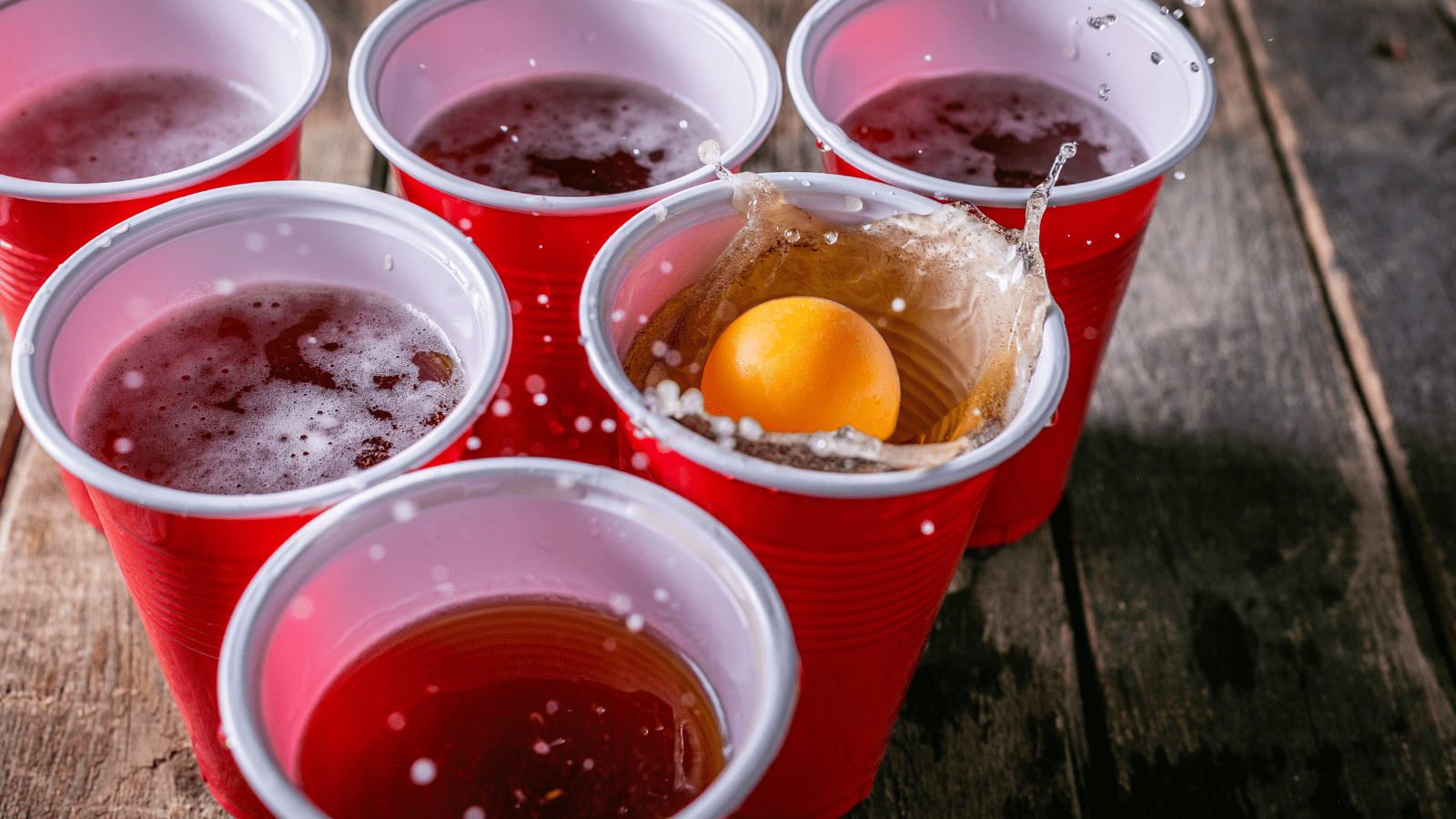
Get stories and expert advice on all things related to college and parenting.

It’s a phrase you’ve likely heard before — someone “getting blackout drunk.”
But what does that actually mean and why is it so dangerous?
When it comes to college kids and alcohol, blackout drinking is something we parents need to learn about and discuss with our students.
According to the National Institute on Alcohol Abuse and Alcoholism (NIAAA), drinking to the point of blacking out has gained pop culture notoriety in recent years. Alcohol-induced blackouts can lead to memory impairment of events that happen while someone is intoxicated, and they drastically increase the drinker’s risk of injuries and other types of harm. It doesn’t matter a person’s age or level of experience with drinking — anyone who drinks alcohol can suffer a blackout event if the conditions are right.
As the NIAAA webpage explains, a blackout happens when a person drinks enough alcohol to “temporarily block the transfer of memories from short-term to long-term storage —known as memory consolidation — in a brain area called the hippocampus.” In this way, a blackout is a lasting gap in someone’s memory for events that happened while they were intoxicated.
Two types of blackouts can occur, depending on the severity of memory impairment. A “fragmentary blackout” is the most common type and is characterized by spotty memories of events, including “islands” of memories that are separated by periods of time in between when the drinker can’t remember any details of their experience. This type is commonly called a “grayout” or a “brownout.”
If a drinker experiences complete amnesia, often spanning hours of time, it’s called an “en bloc” blackout. This severe form of blacking out involves a lack of memory formation that typically is never recoverable. It’s as if the events never happened in the mind of the person who went through the experience, even if they are prompted to remember things later by people who were with them at the time.
A blackout event is not the same as “passing out," which means either someone falls asleep or loses consciousness from drinking too much. During a blackout, the drinker is still awake, but their brain isn’t creating new memories. Depending on how much the person drinks, it's possible to transition from having a blackout to passing out.
A blackout usually begins when someone’s blood alcohol concentration (BAC) reaches about 0.16 percent, which is twice the legal driving limit. At such an elevated level, most cognitive abilities are significantly impaired, so the person drinking loses impulse control and can’t properly pay attention to details, nor make rational decisions or judgements. This is what makes blackouts so dangerous.
It’s also important to note that a blackout can occur at a much lower BAC in someone who drinks while taking anti-anxiety or sleep medications.
Blackouts are more likely to happen when alcohol enters someone’s bloodstream quickly, causing a rapid rise in BAC. This may happen if someone is drinking on an empty stomach or consuming a large amount of alcohol in a very short period of time, like when doing shots, which is a popular way to get drunk in many college social settings.
Female students are at a greater risk for having blackouts when they drink due to the fact that, on average, they weigh less than males, and pound for pound they have less water in their body composition so they reach peak BAC levels more quickly.
Blackout events commonly stem from binge drinking, which is defined as a pattern of consumption that increases a person’s BAC to 0.08 percent or higher. Typically, this happens if a woman has four drinks in about two hours, or a man has five drinks in that same amount of time. If the number of drinks doubles in those two hours, also known as “high intensity drinking,” there is a significant chance that a drinker will black out.
It’s not uncommon for some college students to start off a night of drinking with the intent of getting blackout drunk. That’s why it’s important for them to know the consequences before they might try this.
The best advice I have is to talk to your college student often, about drinking and any other risky behaviors they may encounter along their college journey. An often-disregarded preventive factor involves the continuing influence of parents over young adult kids. Research shared by the NIAAA has shown that “college students who choose not to drink often do so because their parents discussed alcohol use and its adverse consequences with them.”
For more parent resources, visit College Drinking Prevention.gov.